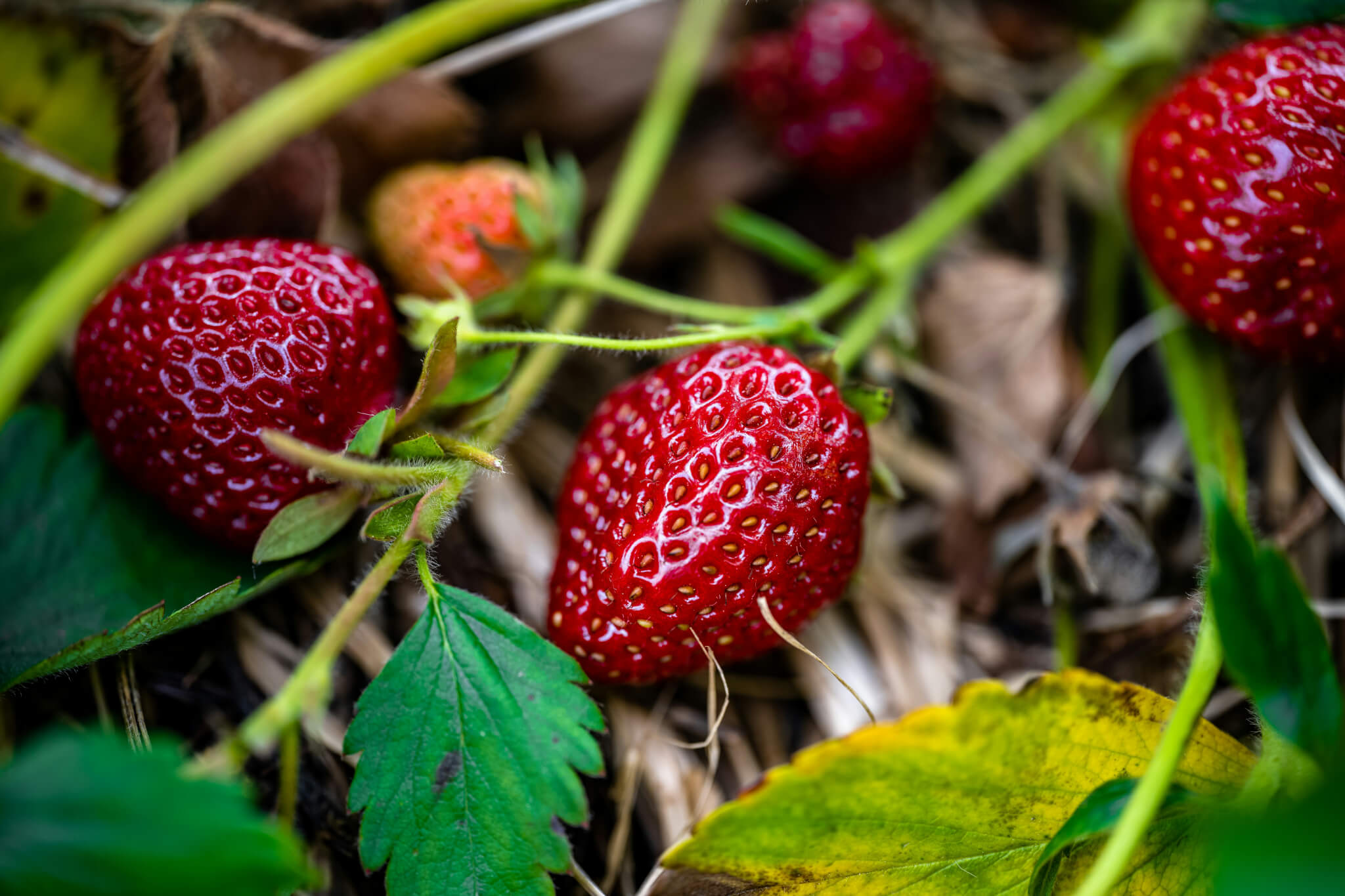When I was a teenager, my brother was hospitalised with Paraquat poisoning after spraying weeds with a leaking knapsack; skin contact alone was enough to make him seriously ill. I frequently suffered headaches and nausea as a young man spraying crops, and my decision to farm organically was initially driven simply by a desire not to handle those chemicals. Despite assurances of safety
by manufacturers and regulators, most of the pesticides we used in the ‘70s and ‘80s have since been banned as evidence of damage to the environment or human health accumulated. Paraquat is among the most toxic both to humans and animals, and has also been linked to the development of Parkinson’s disease in farm workers. The danger it poses to human health is such that the chemical was outlawed by EU states in 2007, yet this week The Guardian revealed that Paraquat is still being manufactured in the UK, but for export. According to the article, 122,831 tonnes has been exported since 2015, 62% of which has gone to developing countries including Mexico, Indonesia and India.
Many farmers using Paraquat and other agrochemicals in these countries are illiterate and have little appreciation of the dangers involved, frequently applying them with no protective clothing whatsoever. Profiting from the lack of chemical regulation and education in such places is a human rights abuse up there with modern slavery; for the UK government to be complicit is staggering. While Paraquat is banned in over 40 countries, including Switzerland (home to manufacturer Syngenta), it is so unregulated and available in these developing countries that it is the suicide tool of choice, often by the very poverty-stricken farmers to whom it is marketed.
History has shown that the agrochemical giants profit from the chemicals they produce for as long as possible and move on, leaving the environment and the rest of humanity to pay the price. The fact is there’s no shortage of genuinely effective alternatives to Paraquat, but no-one makes money from sharing this farming knowledge, so GM seeds, Paraquat, and many other agro-chemicals are peddled unchecked to the uneducated and vulnerable as ‘progressive farming’, while the ethics that surround it could not be more backward.
Guy Watson












0 Comments